Real Estate Terms and Definitions in India | A-Z Glossary You Must Know
Table of Contents
The jargon used in the real estate industry, such as DOM, HOA(Homeowners Associations), and pre-qual, can further complicate an already complicated process. To better understand the procedure and organizing your move, we have put together a list of real estate terms & definitions you should be familiar with and you must know before investing in any pre-launch property offers.
Real Estate Terms, Definitions & Dictionary (India)
From the bucket of terminology of real estate, we have selected the best real estate terms that will increase you knowledge in real estate industry.
Adjustable-Rate Mortgage

Almost all home buyers now utilize mortgages as a typical tool. It enables people to buy their dream home without waiting years to save the necessary funds. The word “adjustable-rate mortgage” can be found in the real estate vocabulary when discussing the mortgage idea. This refers to a loan kind where your interest rates change continuously during the loan. Thus, depending on the market, you can receive interest rates that are lower or higher than the initial ones. This change occurs over a defined period.
Fixed-Rate Mortgage
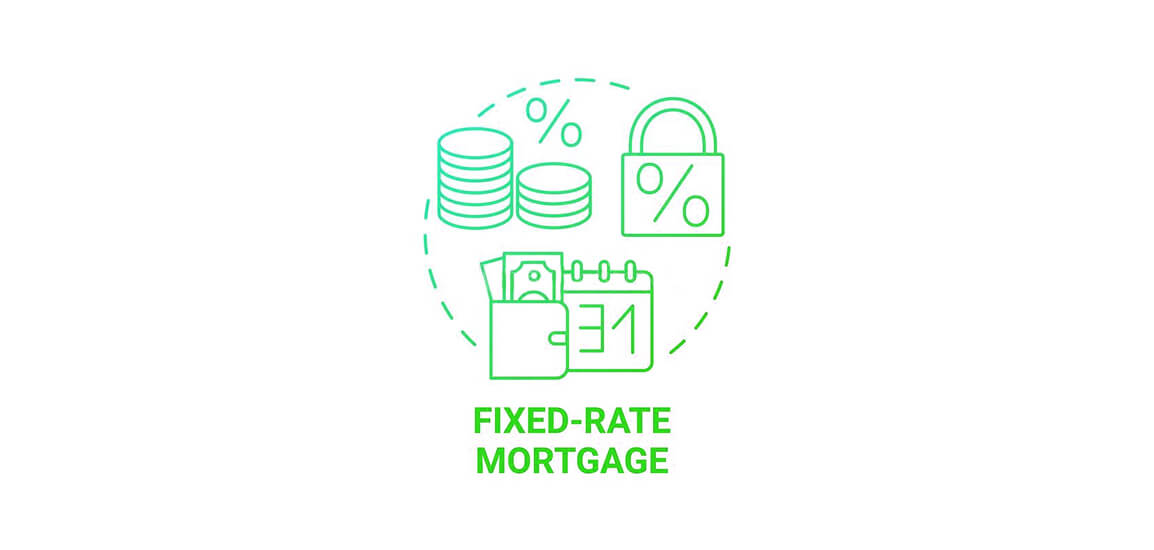
“Fixed-rate mortgage” is another phrase used in real estate linked to loans. It is a complete contradiction to the prior term. In this case, your interest rate is stable regardless of the state of the market. You will therefore be required to pay a higher interest rate on the loan throughout the loan even if the market declines.
Buyers Agent
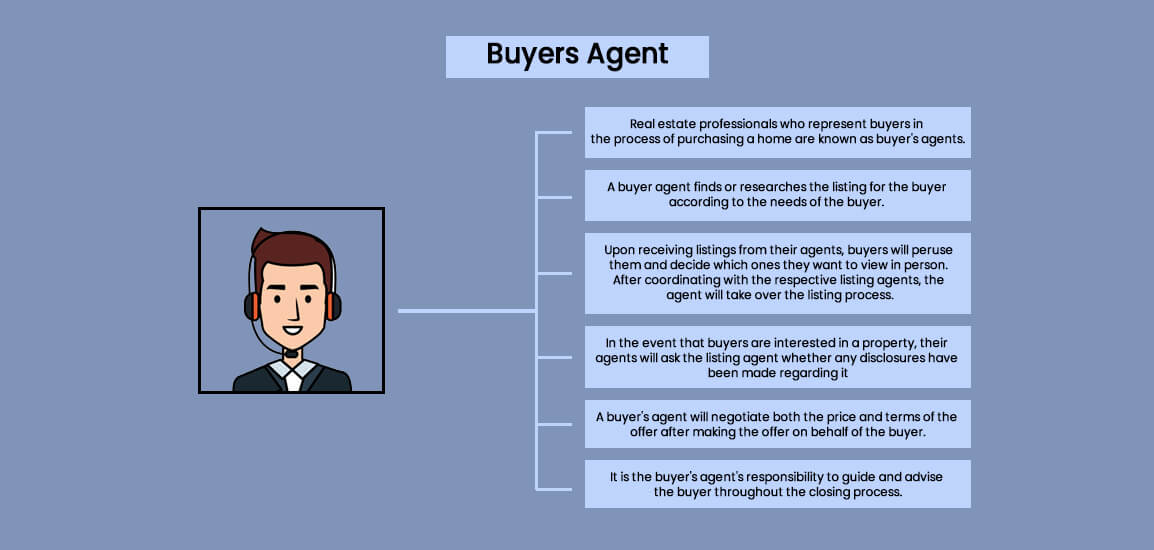
A potential buyer and a property seller are connected through real estate agents, also called real estate brokers. It would be accurate to say that they serve as a bridge between the two. However, a deal typically involves two agents. One is from the perspective of the buyer, and the other is from the seller. The word “buyers agent” is listed in the real estate vocabulary. The buyer’s agent is referred to by this word, as you would have guessed. “Listing agent” is the term used to refer to the seller agent.
Cash Reserves
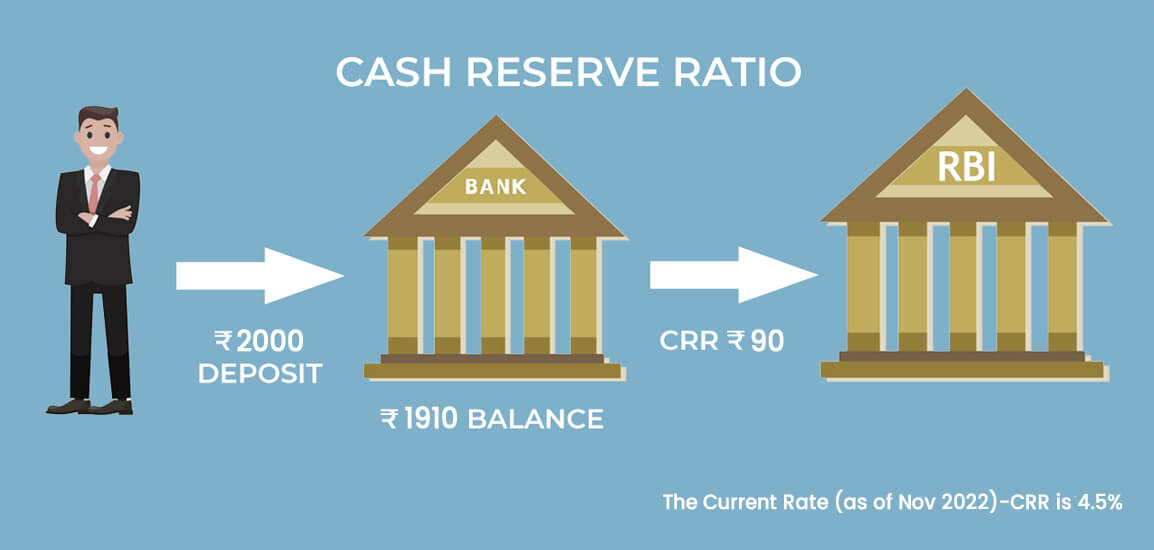
The buyer must pay the down payment and closing charges to complete the sale of the property. A certain sum of money that is left over after the above-mentioned payments is referred to as cash reserves. You should be aware that not all lenders demand these.
Interest
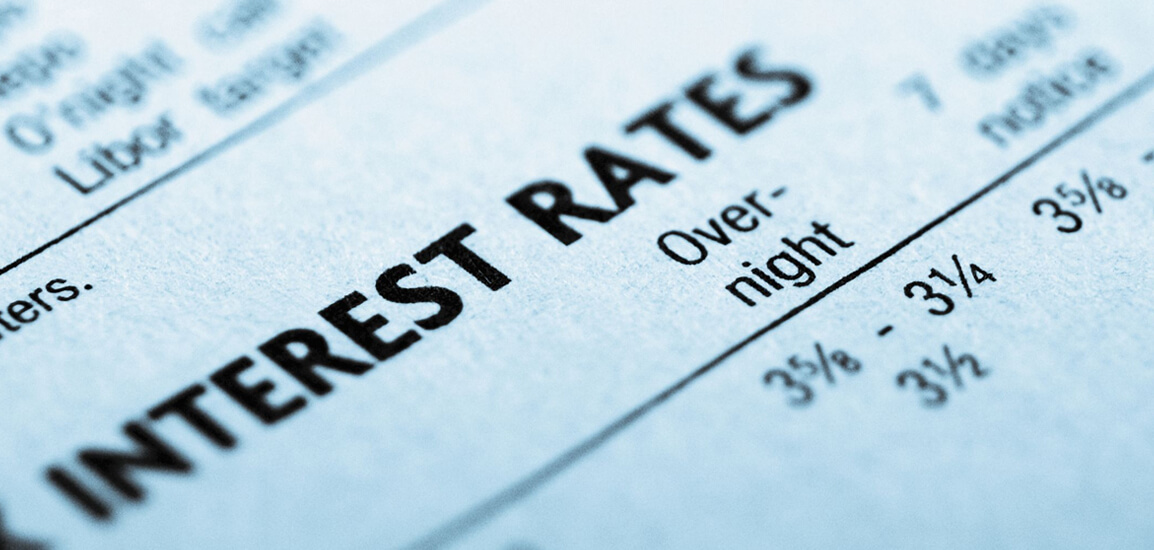
The principal amount of a mortgage is the amount borrowed. However, the lender does not give you money without making a profit. For this reason, they add a particular interest rate to the debt that you must eventually repay. Your monthly EMI payments are a specific portion of the entire amount borrowed.
Private Mortgage Insurance
Private Mortgage Insurance, or PMI, is a term that many people don’t know. If a buyer puts down less than 20% of the entire cost of the home, they may be required to pay this extra fee.
Appraisal
To determine the approximate worth of a piece of real estate, an appraisal is necessary. The mortgage lender sends a property appraiser during the home sale to obtain a qualified assessment of the asset’s worth. The lender can use this information to determine whether the property is worth the loan amount the prospective buyer is requesting.
Due Diligence

The property should be properly inspected by the buyer to make sure they are getting what they are paying for. The word “due diligence” in real estate refers to the particular time frame given to the buyer to inspect the property.
Closing Costs
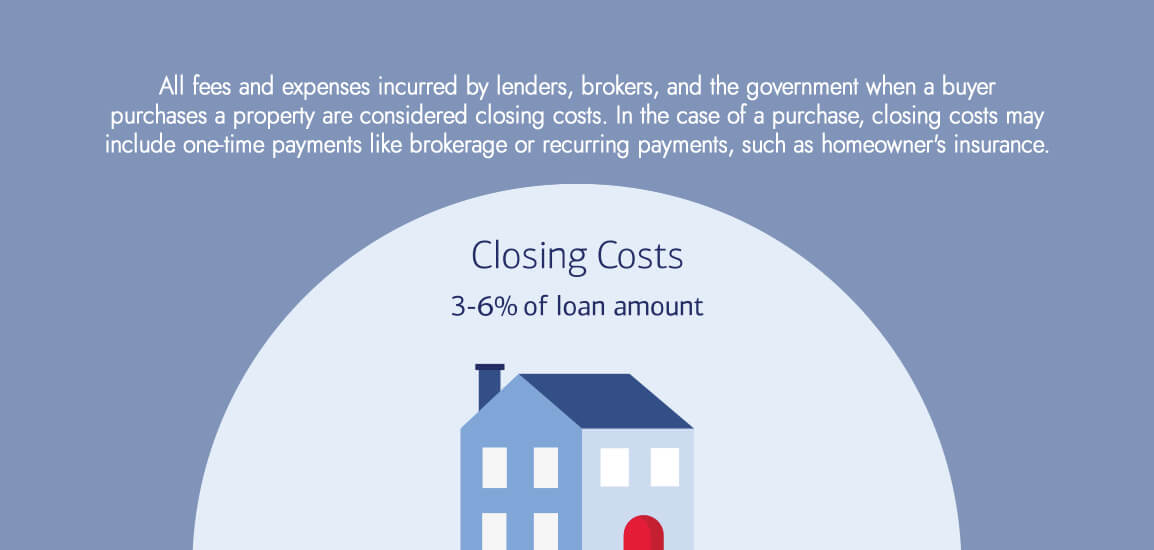
Closing costs are a set of charges made by a variety of parties, including a lender, the title company, lawyers, insurance companies, taxing agencies, homeowner’s associations, real estate brokers, and other businesses involved in the closing settlement. These closing expenses are often paid after a real estate transaction is completed.
Earnest Money Deposit (EMD)
When a seller accepts a buyer’s offer, the buyer will be required to make an earnest money deposit (EMD), sometimes known as a “good faith deposit”. It demonstrates the buyer’s seriousness about the purchase as well as their willingness to back up their words with deeds.
The EMD might be between 1 and 5 percent of the sales price in amount. The EMD is frequently kept by an escrow business or by other provisions of the purchase and selling agreement (PSA).
Homeowners’ Association (HOA)
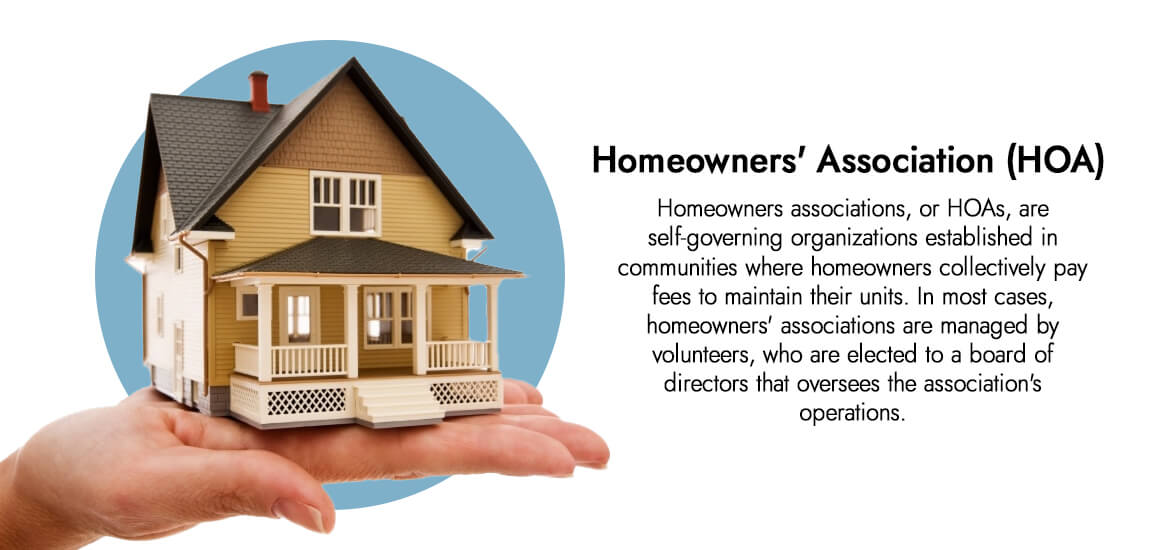
A private organization known as a homeowner’s association oversees a planned neighborhood or condominium. You agree to follow the HOA’s rules and pay monthly or yearly HOA dues when you buy a property that is under the HOA’s management. They frequently have the right to seize the property and/or file a lien against it if you don’t pay and/or don’t comply.
Offer and Counter-Offer
Customers submit a formal offer for the house they wish to buy. Depending on what you and your agent believe to be the fair market value, the request may be the total list price.
After getting your signature and putting the offer in writing, the buyer’s representative sends it to the seller’s agency for consideration. The seller has two options: either accept it right away, in which case it becomes the parties’ purchase contract, or make a counteroffer. It is the art of negotiation that is documented in writing.
Pre-Approval
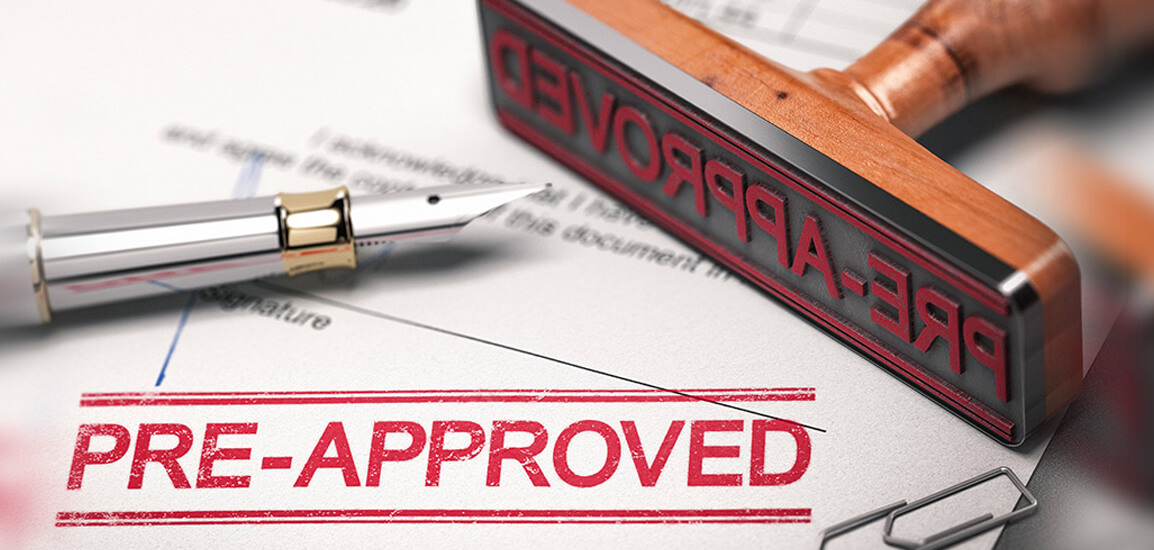
Homebuyers must complete an application to obtain pre-approval, which enables a lender to assess their financial condition, including their debt-to-income ratio, repayment capacity, and creditworthiness. Once this is obtained, the lender can provide a letter to the buyer indicating the precise loan amount for which they have been pre-approved as well as the total sales price for which they are approved.
Purchase and Sale Agreement (PSA)

A written agreement between the buyer and seller that specifies the terms of their sale and purchase of real estate is known as a “purchase and sale agreement.”
When a house is “under contract,” it typically means that the buyer and seller have made a formal agreement to sell and buy the real estate.
The Realtor
Even though not all real estate agents are REALTORS, the terms “currently licensed real estate agent” and “REALTOR” are frequently used interchangeably. A representative of the National Association of REALTORS is a REALTOR (NAR).
A REALTOR commits to maintaining the association’s Code of Ethics and to keep one another accountable for providing the public, customers, clients, and each other with high-quality service.
We hope that these real estate terms & definitions have cleared up your concerns.
Related Posts:
- Real Estate Market Size in India 2024- A Complete…
- Gurgaon Real Estate Market Trends & Forecast in 2025
- Subh Griha Pravesh Muhurat in 2024-25 (Month-Wise Guide)
- Top Real Estate Investment Trends to Watch in 2025
- Types of real estate Investment in india 2024
- Mumbai Real Estate: Investment Opportunities to…
- Top 10 Real Estate Agents in Gurgaon | Property…
- How to Invest in Real Estate India without Buying…
- Top 10 Real Estate Agents in Delhi | Property…
- Top 10 Real Estate Agents in Dubai | Property…
- Top 12 Pink Two Colour Combinations for Bedroom Walls
- Top 10 Stylish Window Grill Designs New for 2025
- Top 10 Best Real Estate Companies in Bangalore
- Top 10 Best Real Estate or Property Websites in India
- Top 10 Real Estate Agents in Noida | Property…
- Top 5 Things To Remember Before Investing In New Property
- Top 10 Best Real Estate Companies in Mumbai
- Top 10 Best Real Estate Companies in Delhi
- Top 10 Best Real Estate Companies in Dubai
- Top 10 Best Real Estate Companies In India
- Top 10 Real Estate Agents in Mumbai | Property…
- Top 10 Real Estate Agents in Bangalore | Property…
- Top 10 Cities in India For Property Investments
- Top 10 Biggest Malls in Mumbai- Your Next Stop for Shopping
- Top 10 Real Estate Agents in Pune | Property Dealers…
- Future of Real Estate Market in India: Trends & Predictions
- How to Buy a Property in Dubai – A Complete Guide
- Top 10 Best Real Estate Companies in Pune
- Top 10 Best Real Estate Companies in Noida
- Top 10 Areas for Real Estate Investment in Bangalore…

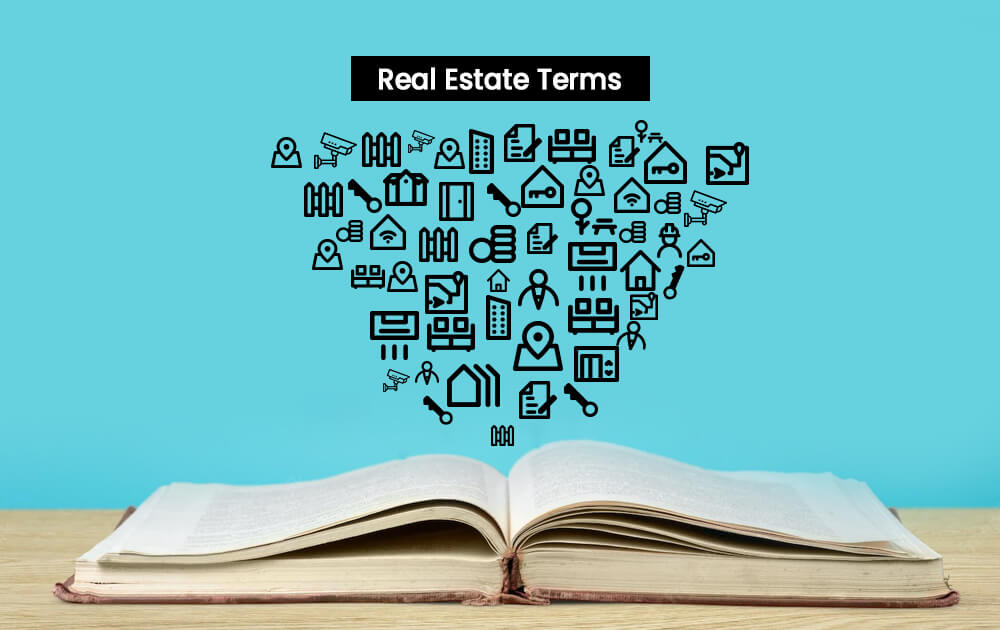




Everyone loveѕ it whenever people come together and share ideas.
Great site, keep it up!
very informative blog. thanks for sharing
The blog was worth reading. Keep posting these types of blogs.